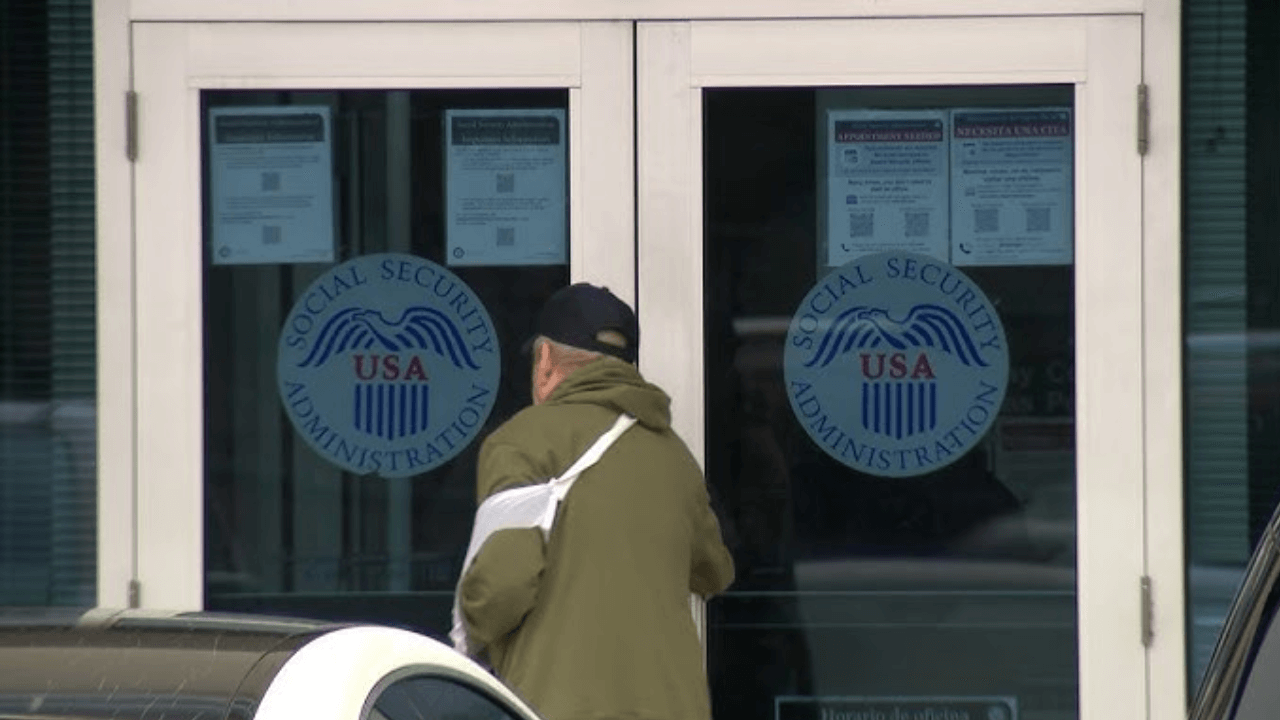Starting July 20, 2025, new driver’s license renewal rules will roll out across the U.S., especially affecting drivers aged 70 and above. These updates are not federally enforced but are being widely adopted by many states in line with safety recommendations from transportation officials. The main focus is to encourage regular in-person renewals, mandatory vision tests, and, in some cases, additional medical checks—without unfairly targeting older adults or taking away their independence.
These changes come as part of a broader effort to adapt to the country’s growing senior population and to ensure roads remain safe for everyone. As drivers age, natural changes like slower reflexes or vision decline can affect driving ability. States are now taking proactive steps to identify these issues early and provide supportive options like restricted licenses, defensive driving courses, and health screenings. Seniors who prepare in advance can stay safely behind the wheel without disruption.
What’s Changing for Drivers Aged 70 and Older?

Starting July 20, many states will begin following new guidelines for renewing driver’s licenses for seniors. These include more frequent in-person renewals and mandatory vision checks for drivers over 70. While exact rules vary by state, most are aligning with safety practices recommended by the National Highway Traffic Safety Administration (NHTSA).
Some states may also require optional medical documentation, especially if there are visible health concerns. In cases where mild impairments are detected, restricted licenses—such as limiting driving to daylight hours—might be issued. In certain situations, additional road tests could also be required.
These changes are not about taking licenses away based on age. Instead, they aim to identify any early signs of health issues that could affect driving and offer safer options to stay on the road.
Why Are These Rules Being Updated?
Although older drivers generally have fewer violations, research shows they’re more likely to be involved in serious accidents due to issues like slower reflexes, reduced vision or hearing, side effects from medication, or cognitive challenges. With the senior population expected to exceed 70 million by 2030, safety officials want to update policies to ensure aging drivers can continue to drive safely.
The focus isn’t punishment—it’s preparation. These steps are being taken to reduce risk while still supporting the independence of older drivers.
State-by-State Rule Examples
Each state is applying these rules in its own way, but many have adopted similar steps. Here are a few examples:
- California: In-person renewal every 5 years, plus a vision test
- Florida: Vision test at every renewal starting at age 80
- Texas: In-person renewal required every 2 years after age 79
- Illinois: Road test every 2 years for drivers aged 87 and older
- New York: Eye test required every 8 years, with possible re-evaluations
It’s important for seniors to visit their state’s DMV website to check for any updates or changes that apply locally.
Tips to Get Ready for Renewal
For seniors nearing their renewal date, preparing ahead can make things easier. Here’s how:
- Book a vision check with your eye doctor before visiting the DMV
- Collect any necessary medical paperwork
- Review your DMV renewal notice for any special instructions
- Practice safe driving habits regularly
- Consider a defensive driving course tailored for seniors (which may help lower your insurance as well)
What Happens If a Test Isn’t Passed?
Failing a test doesn’t automatically lead to losing your license. In most cases, states offer flexible options such as:
- Temporary or restricted licenses
- Medical evaluations to reassess driving ability
- Appeal procedures or opportunities to retake the test
The goal is to help drivers adjust, not penalize them. DMVs are focusing on giving support where needed while keeping roads safe.
Helpful Resources for Seniors
Several tools and services are available to help older adults adapt to these new driving rules:
- Free or low-cost driving assessments for seniors
- Refresher driving courses approved by the DMV
- Help from occupational therapists who specialize in senior mobility
- Personalized advice from programs offered by AARP and AAA
These services are designed to keep older drivers confident, safe, and mobile as they continue to drive.









